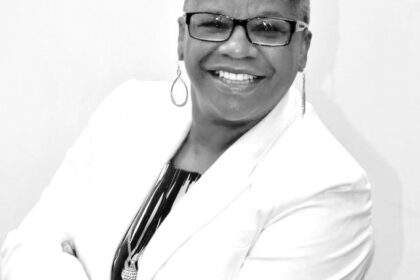
More than 15 years ago I began educating women about breast cancer mortality and early detection. Most of my outreach centered around African American women who suffer the highest mortality even though the incidence is higher in white women than black women.
As a lay person, I find that what I don’t know allows me to look at issues from a common sense approach and ask those dumb questions. If every woman gets screened early why are their outcomes so bad? Sometimes the reason is the state of their health and when it is poor, they have poorer outcomes.
After educating over 15,000 women and witnessing first-hand how much they suffer through cancer and sometimes die, I learned that many of their outcomes were poor due to their overall general health. African Americans suffer from high rates of diabetes, heart disease, and cancer. Some of these women are battling more than one disease at a time. When a friend, who had her first chemo treatment, died at age 42 from a heart attack, I learned she was also diabetic and her diet lacked fresh fruits and vegetables.
We are surrounded by food deserts, the bodegas where most inner city people without transportation shop, don’t offer many healthy choices. Fresh fish, vegetables, and fruits are not available, cost prohibitive, and in the corner stores, unattractive. Urban communities need more local, affordable, and culturally appropriate foods.
As we look towards producing 50% of our food in the New England states by 2060 we must be mindful that if we are going to be inclusive, we must consider those who suffer the greatest health disparities. It’s not only about the right foods being available, but that we all have access.
Marilyn Moore is a member of the Food Solutions New England Network Team. She is a strong advocate for racial and health equity and lives in Bridgeport, CT. Marilyn was recently elected to the Connecticut State Senate where she is Chair of the Human Services Committee and Vice Chair of the Environment Committee.




